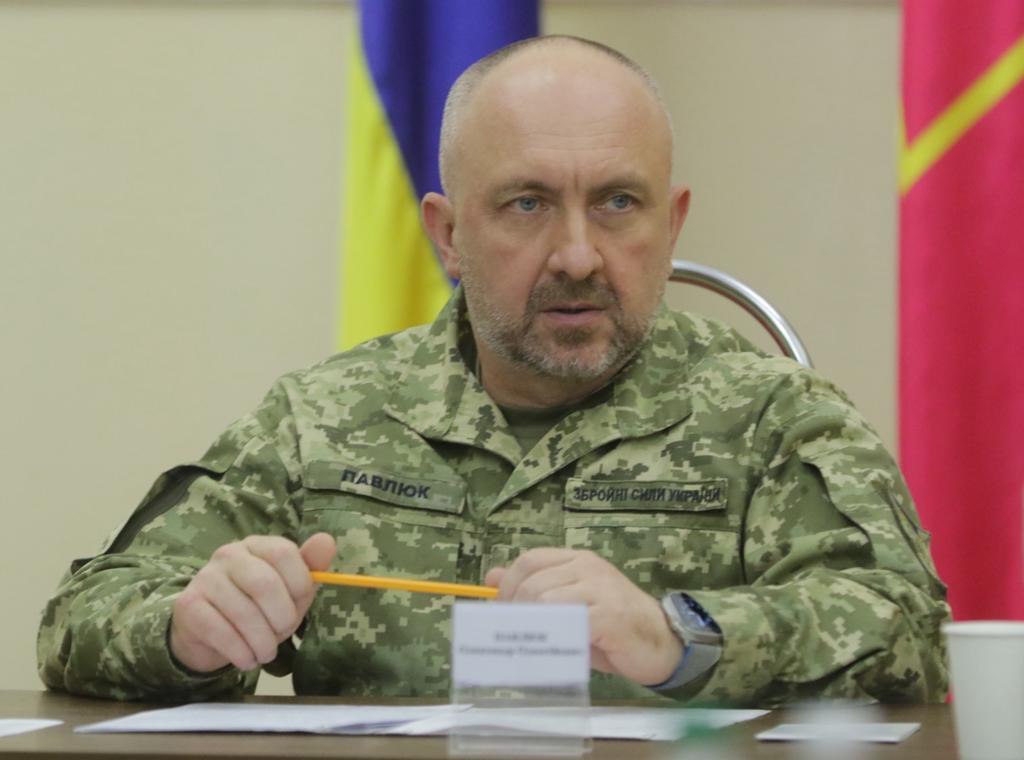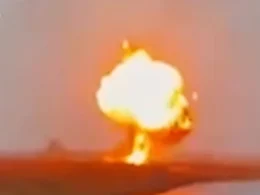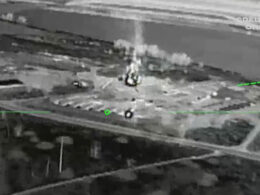"The highest art of war is to destroy the plans of the enemy and defeat him without using troops in battle. And judging by the last months, the Russians are very professional at using ancient Chinese war strategies. And unfortunately, some of our fellow citizens have lost the understanding that their actions and public statements have turned into a powerful weapon in the hands of the enemy," Pavliuk warned.
He wrote on Facebook that the media report every single story about "unfortunate drowning people in the Tysa River," meaning incidents like when mobilization dodgers died trying to illegally cross the mountain river on the Ukrainian-Romanian border and similar stories. At the same time, "there are almost no materials related to the work of the territorial enlistment offices, the specifics of military service, the need to perform military duty."
"Can't make a flashy headline? Will the target audience hide their eyes?" he asked rhetorically.
Pavliuk admitted there are ways to make the work of territorial enlistment offices and mobilization process less stressful and more predictable for people and that his team is currently working hard to improve the system. Pavliuk assumed his office a month ago after the previous Ukrainian Commander in Chief, Valeriy Zaluznhyi, was replaced by Oleksandr Syrskyi.
At the same time, Pavliuk called on the media to cover the mobilization topic from all sides, including servicemen on the frontline and those serving in the territorial enlistment offices.
"Today, the territorial enlistment offices and their guard are mostly staffed by servicemen who lost their health in the war and were deemed unfit to serve in combat units. How did it become acceptable to call these people who went through hell "man hunters"?
Pavliuk's comment against mobilization critics comes as the Ukrainian Parliament considers the final adoption of the new mobilization law. It is expected to replace the old post-Soviet mobilization system, which lacks the system of rotation for mobilized soldiers, doesn't include predictable and fixed roles for the mobilized and term of service, and on the other hand, makes too many groups of society except from mobilization, deepening division between the frontline and rear.
Ukraine's Parliament adopted the new law in the first reading on 7 February 2024. Currently, debates continue regarding numerous amendments to the law before its final reading.
Although, within the framework of the old law, many could easily find a legal excuse to avoid mobilization, over one million Ukrainians joined the army in the first months of the Russo-Ukrainian war – some coming to the enlistment offices themselves and some immediately after the first call.
After two years of exhausting battles, military officials and ordinary soldiers demand replenishment.
Ukraine moves to plug loopholes, demand equal sacrifice in mobilization
Soldiers argue that while war goes against human nature, new mobilization rules would help civilians do their duty for the greater good and avoid a much worse evil – Russian occupation. At the same time, the new recruitment campaign is intended to clarify where and how new recruits would serve, and dozens of thousands of Ukrainians have already applied to military positions through this system.
“We must help people make this unnatural choice” – Ukraine fighters on mobilization
Read more:
- Ukraine passes law to enhance military readiness and veteran welfare
- Intel: Russia intensifies forced mobilization in occupied territories of Ukraine
- Ukraine's Commander-in-Chief addresses mobilization and frontline situation in briefing
- Zelenskyy: Military proposes to mobilize up to 500,000 more people
- Russian authorities seek to suppress small-scale dissent among soldiers' wives – UK intel
- Danilov warns of possible total mobilization in Russia after 2024 presidential election
- "We must help people make this unnatural choice" – Ukraine fighters on mobilization
- Ukraine moves to plug loopholes, demand equal sacrifice in mobilization





